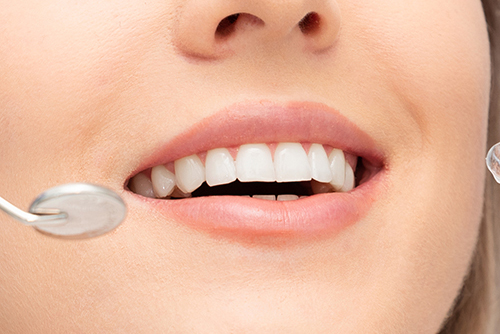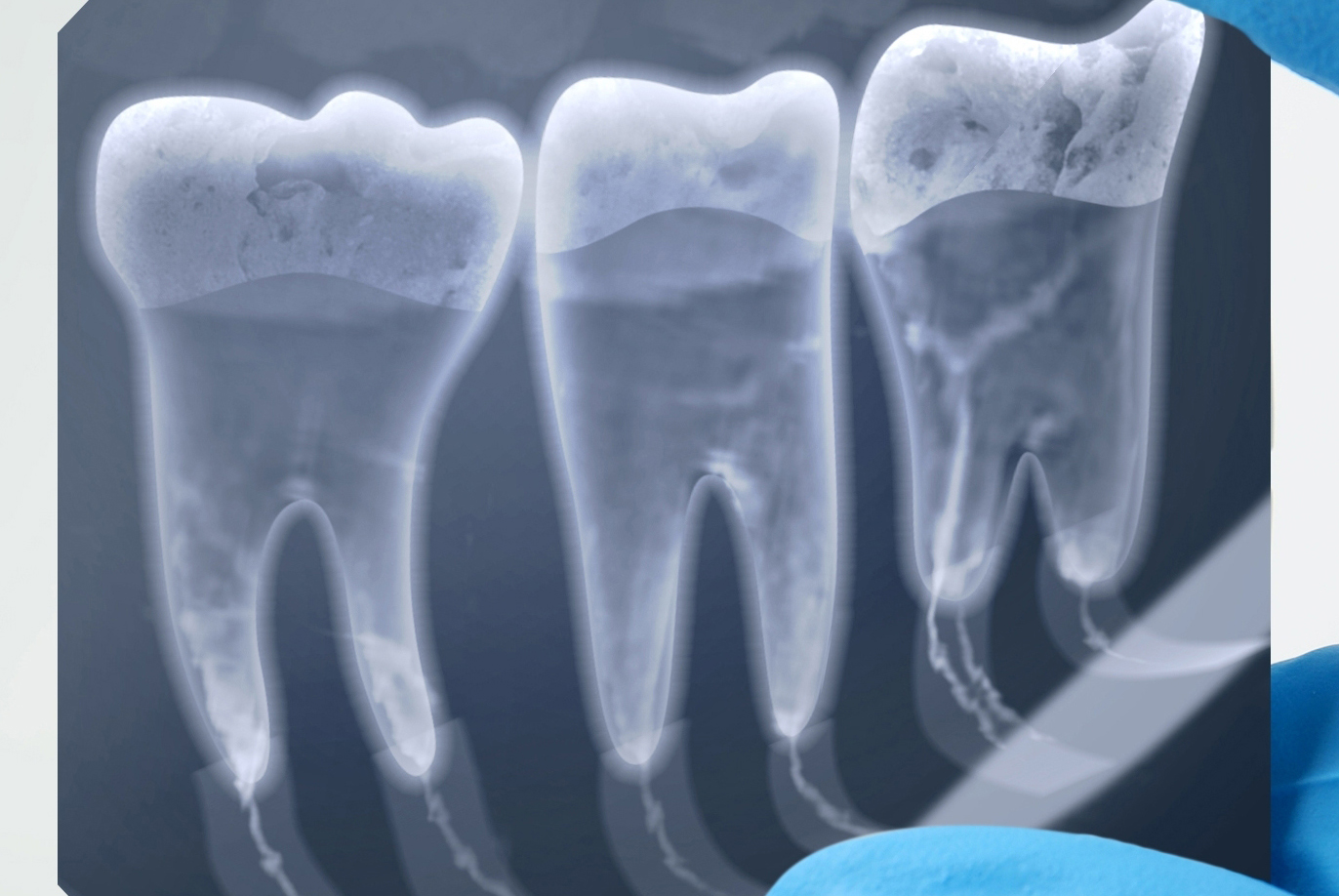
Your North Valdosta Dental Care dentists recommend that specific procedures be performed at regular dental visits as part of your proper dental hygiene. This preventative dentistry prevents problems before they start, corrects routine problems before they worsen, and identifies serious oral problems so they can be properly treated.
Services

Dental Examinations
Regular dental exams are a crucial part of preventative dentistry because they allow your dentists to address dental problems in their early stages and identify serious ones. Most people need an exam every six months, but your dentists may recommend more frequent visits depending on your circumstances.

X-Rays
X-rays take pictures called radiographs that show your dentists the interior of dental structures and tissues, like teeth, gums, and bones. These allow them to make a more thorough examination than is possible with the naked eye and can help spot problems that would otherwise go undetected and untreated.

Cleaning
Regular dental cleanings by your dentists or their dental hygienist are part of a proper oral hygiene program. Cleanings help fight plaque, the major cause of tooth decay, gingivitis, and serious gum disease.

Dental Examinations
Regular dental exams are a crucial part of preventative dentistry because they allow your dentists to address dental problems in their early stages and identify serious ones. Most people need an exam every six months, but your dentists may recommend more frequent visits depending on your circumstances.

X-Rays
X-rays take pictures called radiographs that show your dentists the interior of dental structures and tissues, like teeth, gums, and bones. These allow them to make a more thorough examination than is possible with the naked eye and can help spot problems that would otherwise go undetected and untreated.

Cleaning
Regular dental cleanings by your dentists or their dental hygienist are part of a proper oral hygiene program. Cleanings help fight plaque, the major cause of tooth decay, gingivitis, and serious gum disease.

Dental Examinations
Regular dental exams are a crucial part of preventative dentistry because they allow your dentists to address dental problems in their early stages and identify serious ones. Most people need an exam every six months, but your dentists may recommend more frequent visits depending on your circumstances.

X-Rays
X-rays take pictures called radiographs that show your dentists the interior of dental structures and tissues, like teeth, gums, and bones. These allow them to make a more thorough examination than is possible with the naked eye and can help spot problems that would otherwise go undetected and untreated.

Cleaning
Regular dental cleanings by your dentists or their dental hygienist are part of a proper oral hygiene program. Cleanings help fight plaque, the major cause of tooth decay, gingivitis, and serious gum disease.

Dental Examinations
Regular dental exams are a crucial part of preventative dentistry because they allow your dentists to address dental problems in their early stages and identify serious ones. Most people need an exam every six months, but your dentists may recommend more frequent visits depending on your circumstances.

X-Rays
X-rays take pictures called radiographs that show your dentists the interior of dental structures and tissues, like teeth, gums, and bones. These allow them to make a more thorough examination than is possible with the naked eye and can help spot problems that would otherwise go undetected and untreated.

Cleaning
Regular dental cleanings by your dentists or their dental hygienist are part of a proper oral hygiene program. Cleanings help fight plaque, the major cause of tooth decay, gingivitis, and serious gum disease.

Scaling
Plaque that remains on teeth eventually hardens into tartar, which is virtually impossible to remove with brushing and flossing alone. Scaling is the deep-cleaning procedure your dentists or hygienist uses to scrape the tartar off your teeth at and below the gum line.

Polishing
Polishing is often the last step of dental cleaning, scaling, and some restorative procedures. It smoothes and polishes teeth or restores surfaces and removes some stains.

Scaling
Plaque that remains on teeth eventually hardens into tartar, which is virtually impossible to remove with brushing and flossing alone. Scaling is the deep-cleaning procedure your dentists or hygienist uses to scrape the tartar off your teeth at and below the gum line.

Polishing
Polishing is often the last step of dental cleaning, scaling, and some restorative procedures. It smoothes and polishes teeth or restores surfaces and removes some stains.

Scaling
Plaque that remains on teeth eventually hardens into tartar, which is virtually impossible to remove with brushing and flossing alone. Scaling is the deep-cleaning procedure your dentists or hygienist uses to scrape the tartar off your teeth at and below the gum line.

Polishing
Polishing is often the last step of dental cleaning, scaling, and some restorative procedures. It smoothes and polishes teeth or restores surfaces and removes some stains.

Scaling
Plaque that remains on teeth eventually hardens into tartar, which is virtually impossible to remove with brushing and flossing alone. Scaling is the deep-cleaning procedure your dentists or hygienist uses to scrape the tartar off your teeth at and below the gum line.

Polishing
Polishing is often the last step of dental cleaning, scaling, and some restorative procedures. It smoothes and polishes teeth or restores surfaces and removes some stains.
Directions
Contact Us
Hours
|
Monday: |
8 am – 5 pm |
|
|
Tuesday: |
8 am – 5 pm |
|
|
Wednesday: |
8 am – 5 pm |
|
|
Thursday: |
8 am – 5 pm |
|
|
Friday: |
8 am – 5 pm |
|
|
Saturday: |
8 am – 4 pm |
|
|
Sunday: |
Closed |
Direction
Contact Us
Hours
|
Monday: |
8 am – 5 pm |
|
|
Tuesday: |
8 am – 5 pm |
|
|
Wednesday: |
8 am – 5 pm |
|
|
Thursday: |
8 am – 5 pm |
|
|
Friday: |
8 am – 5 pm |
|
|
Saturday: |
8 am – 4 pm |
|
|
Sunday: |
Closed |
Direction
Contact Us
Hours
|
Monday: |
8 am – 5 pm |
|
|
Tuesday: |
8 am – 5 pm |
|
|
Wednesday: |
8 am – 5 pm |
|
|
Thursday: |
8 am – 5 pm |
|
|
Friday: |
8 am – 5 pm |
|
|
Saturday: |
8 am – 4 pm |
|
|
Sunday: |
Closed |


